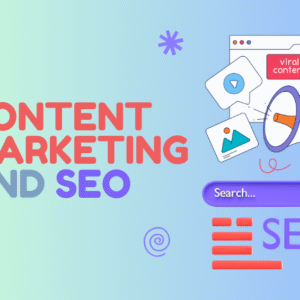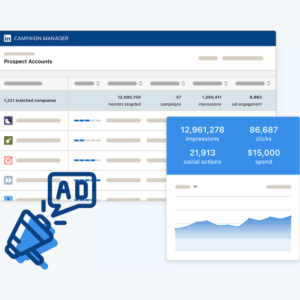Paid search may, at the very first glance, sound like an expensive deal, but believe you, me, it’s pretty much a fair deal. When we talk of PPC, there can be no fairer way for a business to advertise their offers and pay only once they get clicks on their ads. You don’t get a click, you don’t pay. Simply, a fair deal! And so, it pays more with less investment. This is probably the reason why small and big businesses like to entrust an expert PPC marketing agency with the job of paid advertising.
Well, one could argue that, if it is so simple, why not do it on your own? The answer is simple too – because PPC, just like any other form of marketing, is dynamic. There are trends that surge, and there are trends that fizz out, sometimes with the tendency to resurge. And, there are trends that are here to stay. This is where experience will count. It takes an eye to keep a track this. If you have one too, here are 6 PPC trends that are ruling the online marketing scene right now.
Desktop Searches are a Losing Battle
Seriously, I cannot get myself to recall when was the last time I used my laptop for online shopping or even Googling, except for when I sit down to write a blog like this one. The truth is that no one does because mobile devices rule the roost. Smart phones have brought about such a revolution in the realm of online marketing. These devices have effortlessly outdone desktops and laptops, especially in the case of online shopping and online searches.
This is why any PPC advertiser must now take note of the fact that more than half of their potential customers are going to access the Internet from their mobile devices. And, that also means that you need to have a responsive website and a responsive mobile optimized landing page.
Great Content is the Unrivalled King
Content is still an indispensable of online marketing, and there can, in fact, be no PPC without content. The scenario, however, is a bit different now. Earlier, using the right keywords, even mediocre content could fetch great rewards.
Well, content now to is attracting force for Internet users, but the scenario has moved one step ahead now. The content on the landing page now needs to be informative and engaging. Unless it is so, you are only in for a sloppy game. If it is not adding any value to the user’s extant knowledge, or not even engaging them, the purpose of the content will not be served. Your advertisement can be rendered useless if it doesn’t lead to great content.
It needs to be relevant to your users’ requirement. The information, thereof, must be of value to them.
Persona Targeting is the New Targeting
That sounds like something new! It is something that analyzing customer journeys lets you do. Search engines have now come up with the personal search. It lets you analyze the customers’ habits and behavior of interacting with a particular ad or a website, or the search itself. This is what determines their level of interaction and lets you create websites, content, and adverts that interact accordingly.
This is how your paid ads are able to target customers based on their journeys. It is a great way to delve into the psyche of the customer, market your product accordingly, and then remarket it through persona targeting. Bing and Facebook are already helping brands do it big time. Time for you too to do it!
Keywords are Important, but So Are the Semantics
Well, keywords are important but are not everything today, neither for SEO nor for PPC. Search engines now feature semantic search. With this changed algorithm, quality matters. Just by stuffing in keywords that you’ve bid highly for, you can’t really get there. Unless you have quality content in the ad, keywords will not matter. It is not about just getting clicks; it is about conversion. For businesses trying to maximize sales through PPC, this trend means that you cannot do with a cauldron of keywords. This also means the end of the malpractice of callous keyword stuffing.
Forget Cookies, Let’s Eye the ID-based Cake
Cookies are the goodies of the past. The present has got us a cake with a cherry on top of it – ID-based targeting. Cookies are losing importance as the mode of targeting to what is called ID-based targeting. The age is a volatiles one, and so, gadgets change hands in the blink of an eye. Targeting through cookies facilitates targeting with the device’s cookies. When devices change, why should you lose the user? Make sense?
This is why ID-based targeting enables you to tackle the case of multi-screen identities. This is how your PPC ads will still show to your users even when they are using other devices.
Time to Get Interactive
The interactive experience is the new norm. Consumers are getting smarter by the day. Why shouldn’t your marketing? Customers need an experience. They need to virtually experience the product before they can actually buy it with their hard-earned money. This is especially true for apps.
This is why Google urges its advertisers to use virtual machines that can offer an interactive experience, even in the initial 60 seconds of downloading the app. It is, in fact, a great opportunity for businesses to showcase their products and engage the customers so that they are in for buying them.
2017 seems to be the best time ever for PPC. With changed algorithms, ad extensions and so many radical changes in the science of online marketing, PPC sure turns out to be a profitable technique. Supportively backed by SEO, pay-per-click adverts can be one of your fiercest weapons in the war of online sales. It would be rather handy to get a peep into these 6 PPC trends and make the best of your paid search campaigns.






